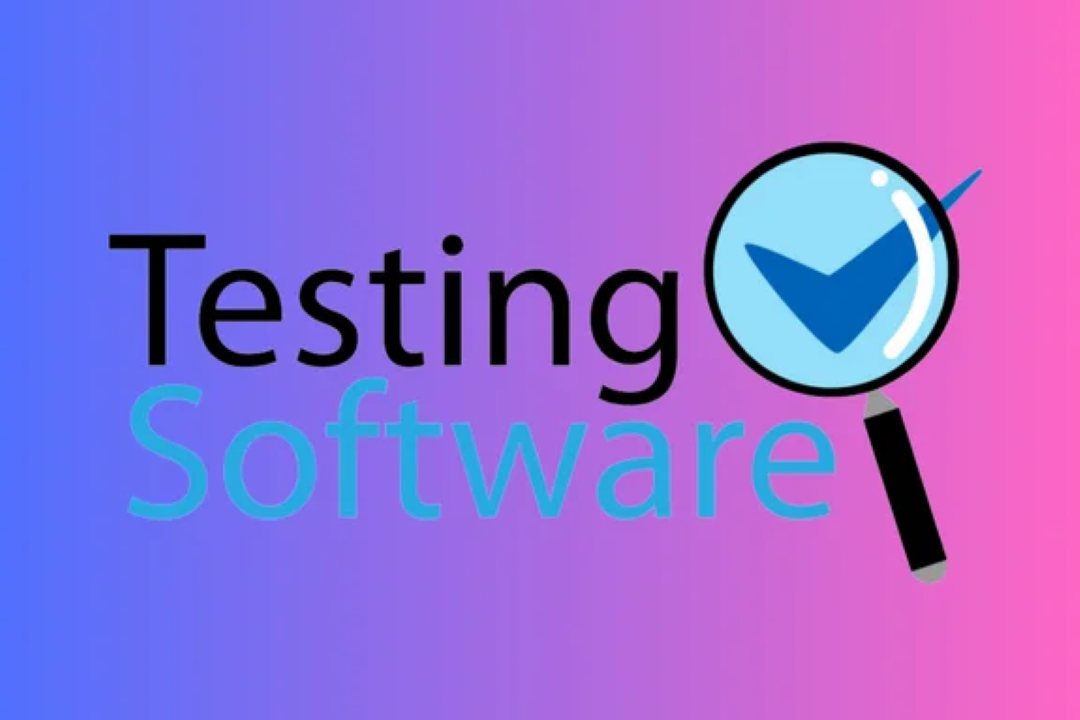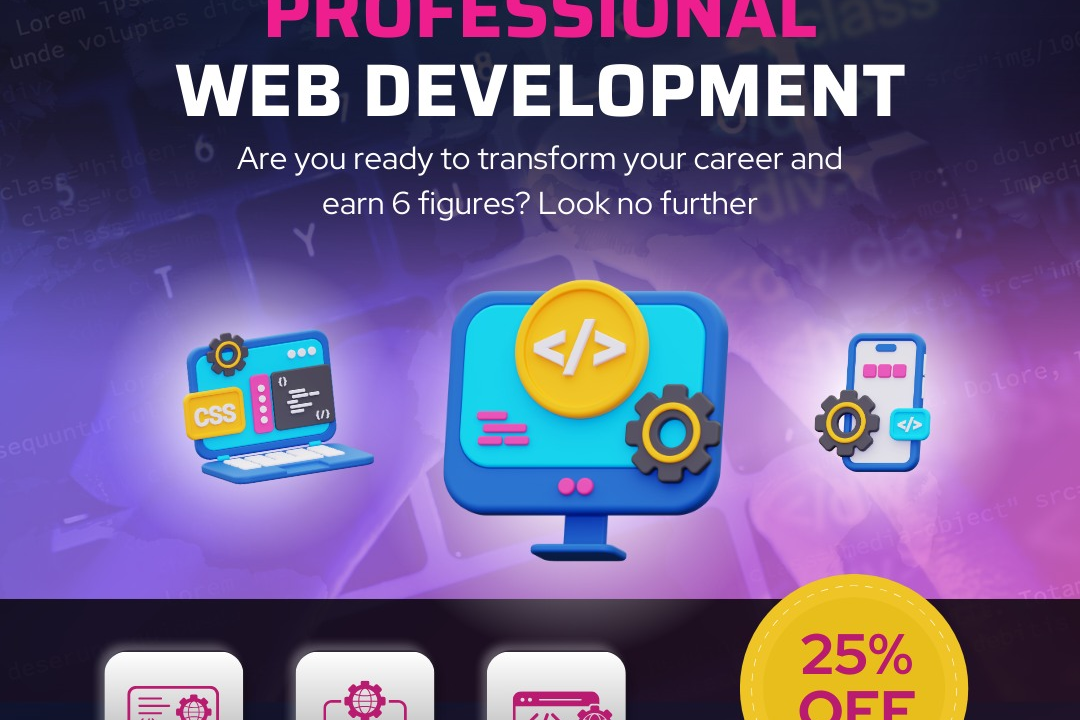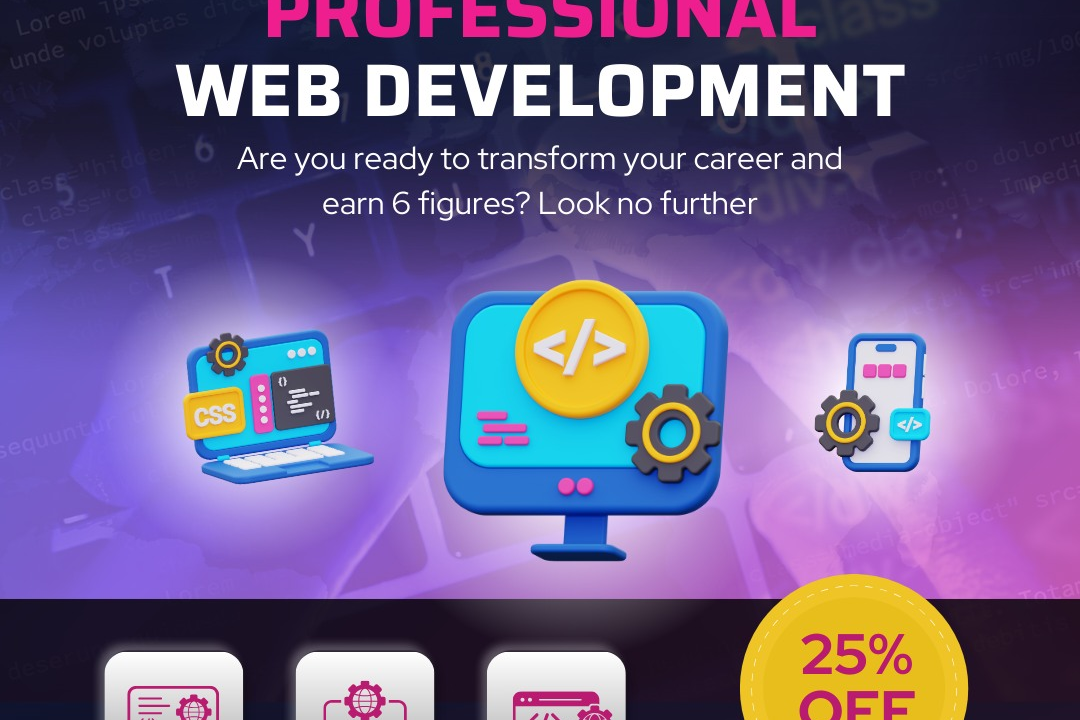Online Manual Testing Courses
Online manual testing courses are educational programs designed to teach individuals the fundamental
Online Manual Testing Courses
Online manual testing courses are essential for individuals aspiring to build a career in software quality assurance. These courses provide a solid foundation in manual testing techniques, enabling learners to understand the intricacies of software functionality and user experience. By covering key topics such as test case creation, defect tracking, and various testing methodologies, participants can develop critical skills needed to identify issues before software deployment. The hands-on projects included in these courses enhance practical understanding, making graduates more competitive in the job market. Overall, these courses empower learners to ensure high-quality software delivery, ultimately contributing to improved user satisfaction and business success.
To Download Our Brochure: https://www.justacademy.co/download-brochure-for-free
Message us for more information: +91 9987184296
Online manual testing courses are essential for individuals aspiring to build a career in software quality assurance. These courses provide a solid foundation in manual testing techniques, enabling learners to understand the intricacies of software functionality and user experience. By covering key topics such as test case creation, defect tracking, and various testing methodologies, participants can develop critical skills needed to identify issues before software deployment. The hands on projects included in these courses enhance practical understanding, making graduates more competitive in the job market. Overall, these courses empower learners to ensure high quality software delivery, ultimately contributing to improved user satisfaction and business success.
Course Overview
The “Online Manual Testing Courses” offered by JustAcademy provide a comprehensive introduction to the fundamentals of software quality assurance. Participants will explore essential concepts such as test planning, test case design, and defect management, all while engaging in real-time projects that simulate industry scenarios. With a focus on practical skills, learners will gain hands-on experience in various testing methodologies and tools, preparing them for careers in software testing. The course is designed for both beginners and those looking to enhance their knowledge, ensuring a strong foundation in manual testing principles and practices.
Course Description
The Online Manual Testing Courses offered by JustAcademy provide an in-depth exploration of software testing principles, equipping learners with essential skills to ensure software quality through hands-on experience. Covering key topics such as test planning, execution, defect identification, and reporting, the course helps participants understand various testing methodologies and industry best practices. With real-time projects that mimic real-world scenarios, students will gain practical insights into manual testing techniques, enhancing their ability to effectively contribute to quality assurance teams. Ideal for both beginners and professionals seeking to strengthen their testing expertise, this course serves as a vital step towards a successful career in software quality assurance.
Key Features
1 - Comprehensive Tool Coverage: Provides hands-on training with a range of industry-standard testing tools, including Selenium, JIRA, LoadRunner, and TestRail.
2) Practical Exercises: Features real-world exercises and case studies to apply tools in various testing scenarios.
3) Interactive Learning: Includes interactive sessions with industry experts for personalized feedback and guidance.
4) Detailed Tutorials: Offers extensive tutorials and documentation on tool functionalities and best practices.
5) Advanced Techniques: Covers both fundamental and advanced techniques for using testing tools effectively.
6) Data Visualization: Integrates tools for visualizing test metrics and results, enhancing data interpretation and decision-making.
7) Tool Integration: Teaches how to integrate testing tools into the software development lifecycle for streamlined workflows.
8) Project-Based Learning: Focuses on project-based learning to build practical skills and create a portfolio of completed tasks.
9) Career Support: Provides resources and support for applying learned skills to real-world job scenarios, including resume building and interview preparation.
10) Up-to-Date Content: Ensures that course materials reflect the latest industry standards and tool updates.
Benefits of taking our course
Functional Tools
1 - Selenium
Selenium is a widely used open source testing tool for automating web applications across different browsers. In the “Online Manual Testing Courses,” students gain hands on experience with Selenium, learning how to write scripts in various programming languages like Java, Python, and C#. This tool is essential for understanding how automated tests can complement manual testing efforts, allowing students to identify and rectify bugs more efficiently. The coursework includes practical sessions where learners can set up Selenium Grid for cross browser testing, which helps ensure that applications function seamlessly across various environments.
2) JIRA
JIRA is an industry standard tool for issue tracking and project management. The course teaches students how to create, track, and manage testing tasks and defects using JIRA. Participants learn how to effectively use JIRA boards for agile project management, helping them understand many performance metrics, sprint planning, and reporting techniques. Familiarity with JIRA equips students with the skills to collaborate with development teams, managing the Software Development Life Cycle (SDLC) effectively.
3) TestRail
TestRail is a powerful test case management tool that allows teams to manage, track, and organize their testing efforts. Students in the online manual testing course are trained to use TestRail for writing test cases, executing tests, and generating reports. The focus is on how to create structured test plans that align with project requirements, enabling more efficient test execution and results tracking. The ability to customize test runs and manage test history effectively enhances everyone's ability to maintain quality assurance across various software projects.
4) Postman
Postman is a popular tool for API testing, enabling testers to send requests and validate responses from web services. In the manual testing course, students learn how to utilize Postman to conduct manual testing of APIs, checking for data integrity and service reliability. The course covers how to create, send, and analyze HTTP requests, helping learners understand RESTful APIs' functionality and structure. This knowledge is vital for ensuring that applications perform as expected when interacting with back end services and databases.
5) Bugzilla
Bugzilla is an open source bug tracking tool commonly used in software development and testing processes. Students will explore Bugzilla through practical scenarios, learning how to report bugs, prioritize issues, and track their resolution. The ability to manage a bug life cycle within Bugzilla enhances learners' capabilities to communicate effectively with developers and stakeholders. Furthermore, understanding how to use this tool equips students with the skills needed to maintain accurate records of software defects and ensure a smooth testing process.
6) QTest
QTest is an advanced test management software that simplifies the testing process and enhances team collaboration. The course includes training on how to integrate QTest with other tools like JIRA and Selenium for a streamlined testing approach. Students become proficient in creating comprehensive test cases and managing test cycles within QTest, gaining insights into real time analytics and reporting features. This practical knowledge prepares participants to implement best practices in test management, enabling effective tracking and improving overall software quality assurance.
7) Manual Testing Techniques
In the online manual testing course, students explore various testing techniques such as Black Box Testing, White Box Testing, Regression Testing, and Exploratory Testing. Each technique is taught through practical examples, enabling learners to understand when and how to apply them effectively. Mastery of these techniques allows testers to execute comprehensive test cases and ensure that all aspects of an application are thoroughly explored to identify any potential issues.
8) Test Case Design
Creating effective test cases is a core component of manual testing. The course covers best practices for writing clear, concise, and comprehensive test cases. Students learn about the essential components of a test case, including preconditions, execution steps, expected results, and postconditions. By practicing test case design, learners develop skills to create structured and repeatable tests, which are vital for maintaining software quality over time.
9) Defect Lifecycle Management
Understanding the defect lifecycle is crucial for effective software testing. The course provides insights into how defects are identified, recorded, prioritized, and resolved. Students learn to utilize defect management tools to document issues accurately and track their status through various stages until resolution. Knowledge of the defect lifecycle empowers testers to communicate effectively with team members, ensuring that critical issues are addressed promptly.
10) Functional and Non Functional Testing
The course emphasizes both functional and non functional testing, allowing students to grasp the differences and importance of each type. Functional testing focuses on validating the application's business requirements, while non functional testing evaluates attributes like performance, usability, and security. Learners come away with the knowledge needed to assess an application comprehensively, ensuring that it not only meets functional expectations but also delivers a quality user experience.
11 - Test Environment Setup
Setting up a reliable test environment is essential for effective testing. The course guides students through the processes of creating and configuring testing environments that mimic production settings. This includes setting up test databases, configuring servers, and installing necessary software. Understanding how to establish a proper test environment ensures that testing activities yield accurate results and can be replicated consistently.
12) Real Time Projects
A significant aspect of the manual testing course involves hands on experience with real time projects. Students work on live software applications, applying their skills in a practical setting. This experience allows learners to encounter real world challenges and develop problem solving skills. By engaging with actual projects, participants gain confidence and a deeper understanding of the testing process, preparing them for careers in software quality assurance.
13) Soft Skills for Testers
Apart from technical skills, soft skills are equally important for successful testers. The course includes training on effective communication, teamwork, and critical thinking. Students learn how to convey test results clearly to stakeholders and collaborate with development teams to address issues. These soft skills enhance testers' ability to build strong professional relationships, making them valuable assets to any software development team.
14) Agile Testing Methodologies
With the rise of Agile methodologies, understanding Agile testing practices has become essential. The course introduces students to Agile principles and how they apply to the testing phase. Participants learn about collaboration, continuous feedback, and iterative testing approaches, enabling them to adapt to fast paced development environments. This knowledge prepares testers to work effectively within Agile teams, embracing flexibility and responsiveness to changing project demands.
15) Industry Trends and Best Practices
The manual testing course covers the latest industry trends and best practices in software testing. Students stay informed on emerging tools, methodologies, and technologies that influence the testing landscape. By understanding current trends, learners can better adapt their testing strategies to align with industry standards and improve overall software quality.
16) Career Guidance and Industry Connections
Enrolling in the manual testing course at JustAcademy not only provides technical skills but also offers career guidance and opportunities for industry connections. The program includes resume building workshops, interview preparation sessions, and networking events with industry professionals. This support helps students transition into successful careers in software testing, enhancing their employability in a competitive job market.
Browse our course links : https://www.justacademy.co/all-courses
To Join our FREE DEMO Session:
This information is sourced from JustAcademy
Contact Info:
Roshan Chaturvedi
Message us on Whatsapp: +91 9987184296
Email id: info@justacademy.co
Microsoft Power Bi Training From Microsoft












